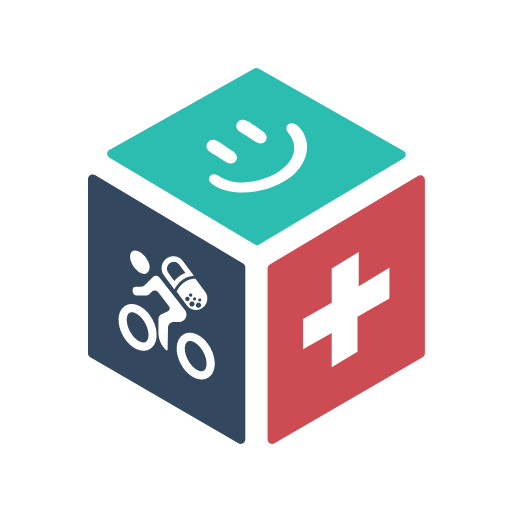Generic Information
PHENOBARBITAL
Phenobarbital is used as- Sedative and hence it relieves anxiety, tension and fear Hypnotic and hence it is used for short term insomnia Pre-anaesthetics Anti-epileptic in epilepsy with Partial seizure or Generalized Tonic-clonic seizure, status epilepticus Certain acute convulsive episodes
Adjunct anti-epileptic drugs, Barbiturates
Phenobarbital is a long-acting barbiturate. It depresses the sensory cortex, reduces motor activity, changes cerebellar function and produces drowsiness, sedation and hypnosis. Its anticonvulsant property is exhibited at high doses. Phenobarbital acts on GABAA receptors, increasing synaptic inhibition. This has the effect of elevating seizure threshold and reducing the spread of seizure activity from a seizure focus. Phenobarbital may also inhibit calcium channels, resulting in a decrease in excitatory transmitter release. The sedative-hypnotic effects of phenobarbital are likely the result of its effect on the polysynaptic midbrain reticular formation, which controls CNS arousal.
Adults: Hypnosis: 100 to 320 mg Sedation: 30 to 120 mg/day in 2 to 3 divided doses Epilepsy: 60 to 250 mg/day Convulsion: 50 to 100 mg/day in 2 to 3 divided doses Status epilepticus: IV 10-20 mg/Kg, repeat if needed Children: Preoperative: 1-3 mg/Kg body weight Convulsion: 4-6 mg/Kg/day Status epilepticus: IV 15-20 mg/Kg over 10-15 minutes Administration May be taken with or without food.
Phenobarbital can interact with a number of prescription and nonprescription medications including acetaminophen, anticoagulants such as warfarin, chloramphenicol, monoamine oxidase inhibitors (MAOIs), antidepressants, asthma medicine, cold medicine, anti-allergy medicine, sedatives, steroids, tranquilizers, and vitamins. Interactions with these medications can increase the drowsiness caused by phenobarbital.
Phenobarbital is contraindicated in patients with acute intermittent porphyria and who have a natural or idiosyncrasy to barbiturates
Drowsiness is the most common side effect. Less common side effects are CNS depression, nervousness, agitation, psychiatric disturbance, lethargy, mental depression, ataxia, nightmares, bradycardia, apnea, nausea, vomiting, constipation, restlessness and confusion in the elderly and hyperkinesia in children.
Pregnancy Category D. Phenobarbital can cause potential fetal damage. Their use in pregnancy alone, or in combination with other anticonvulsants, can cause coagulation defects in the newborn infant which may be preventable by the prophylactic administration of Vitamin K to the mother prior to delivery. Phenobarbital is excreted through human milk; so caution should be taken during lactation period.
Phenobarbital should not be used more than the dosage guide line. 1 gm Phenobarbital oral dose may cause serious poisoning and 2 gm may cause even death. Over dosage produces severe, persistent depression. Treatment includes artificial respiration, maintenance of fluid balance and antibiotics to prevent pneumonia. Alkalinisation of the urine and forced diuresis or haemodialysis have been used in cases of severe poisoning.
Phenobarbital is potentially habit forming if taken over an extended period of time. When being prescribed to overcome insomnia, the drug should not be used for a period longer than two weeks. Caution should be taken in patients who are mentally depressed, have hepatic damage, suicidal tendencies or a history of drug abuse.
Protect from light, store in cool and dry place. Keep out of reach of children.
